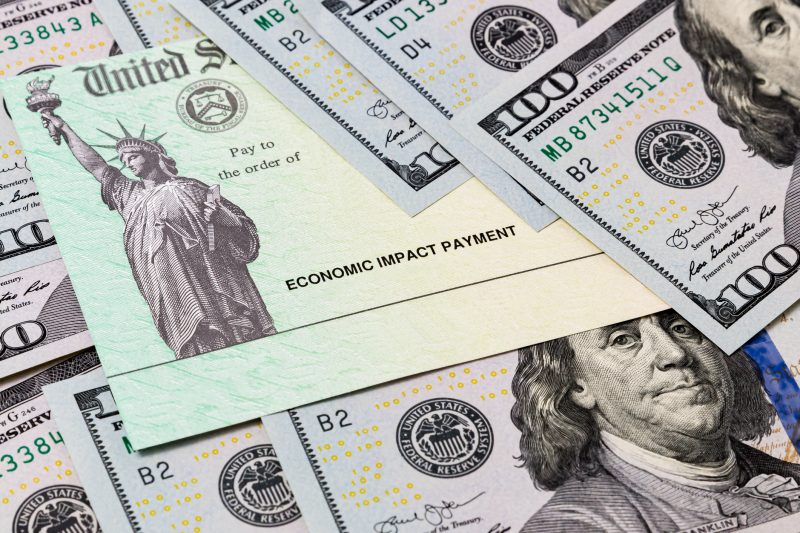‘Tariff rebates’ proposed: How would they work?

(NEXSTAR) — If you’ve been waiting and hoping for another stimulus check since receiving your last COVID relief payment in 2021, you may be in luck.
Sen. Josh Hawley (R-Mo.) has introduced legislation that would send out “tariff rebates” meant to “allow hard-working Americans to benefit from the wealth that Trump’s tariffs are returning to this country.”
As The Hill reports, the rebates would be modeled after the payments sent out after Congress authorized the 2020 CARES Act. In that case, adults received direct payments of $1,200 and $500 for their dependent children.
Unlike those payments, these rebates would serve to offset the higher prices consumers have faced amid tariffs. According to Hawley, the U.S. has recorded $30 billion in tariff revenue as of June. He cited additional projections that say the revenue could exceed $150 billion this year alone.
Under Hawley’s bill, however, the individual payments would be much smaller.
How much would the tariff rebates be?
Each adult would receive “at least $600,” as would each dependent child. The total rebate for a DINK (dual income, no kids) household, for example, would be at least $1,200, while a family of four could receive $2,400.
Payments could increase “if tariff revenue exceeds current projections for 2025,” according to a press release from Hawley’s office describing the proposed legislation.
Payments would also decrease based on household income. The bill’s text says rebates would be reduced based on a taxpayer’s filing status and their adjusted gross income. That income threshold is $150,000 for those filing a joint return; $112,500 for those filing as a head of household; and $75,000 for a single taxpayer.
Who would be eligible for a payment?
Hawley’s bill does not explicitly outline who would be eligible, but rather who is ineligible. That includes: “any nonresident alien individual”; those who can be claimed on another taxpayer’s taxes; and estates or trusts.
As we saw with the COVID stimulus checks, your most recent taxes would likely be used to determine your eligibility and the size of your payment.
When could tariff rebates be sent out?
It’s too early to say, as Hawley’s bill would still need to make it through Congress.
President Donald Trump has expressed support for the idea, telling reporters last week that the U.S. has “so much money coming in” because of the tariffs that “we’re thinking about a little rebate.”
“A little rebate for people of a certain income level might be very nice,” he said, while noting that “the big thing we want to do is pay down the debt.”
As of Tuesday, the federal deficit sits at roughly $36.7 trillion. If you would like to help pay it down, you can now use Venmo to contribute to the “Gifts to Reduce the Public Debt” program.